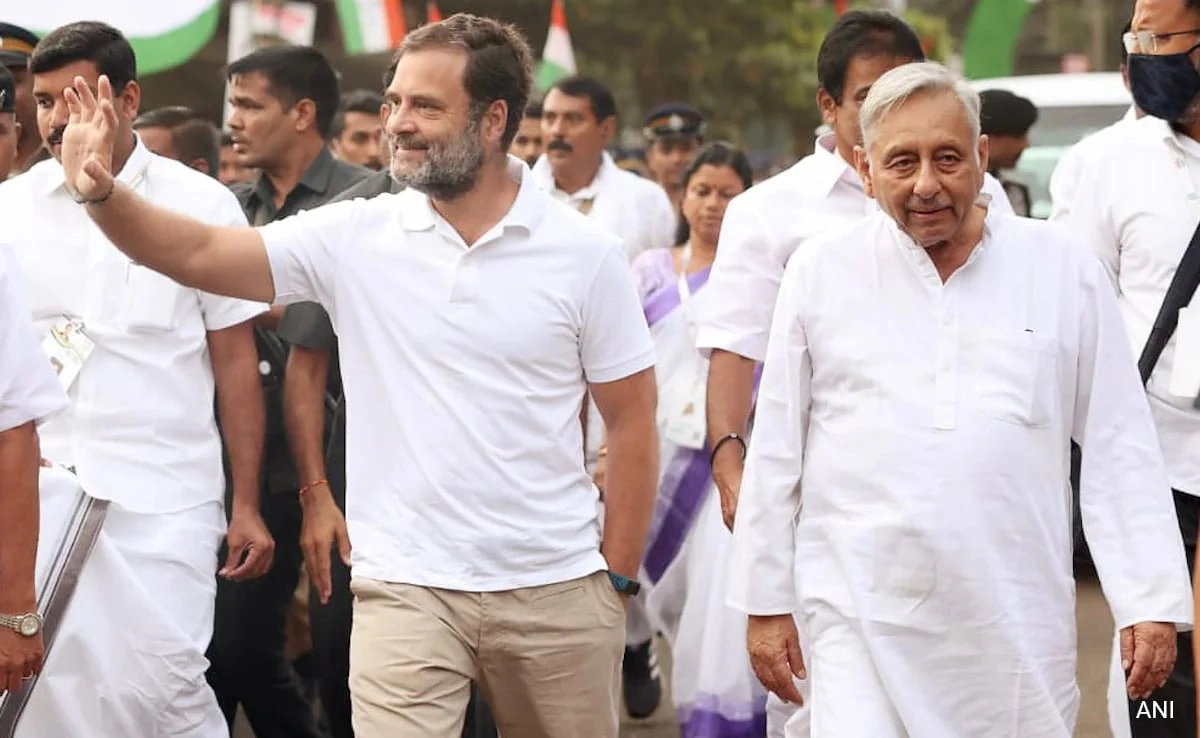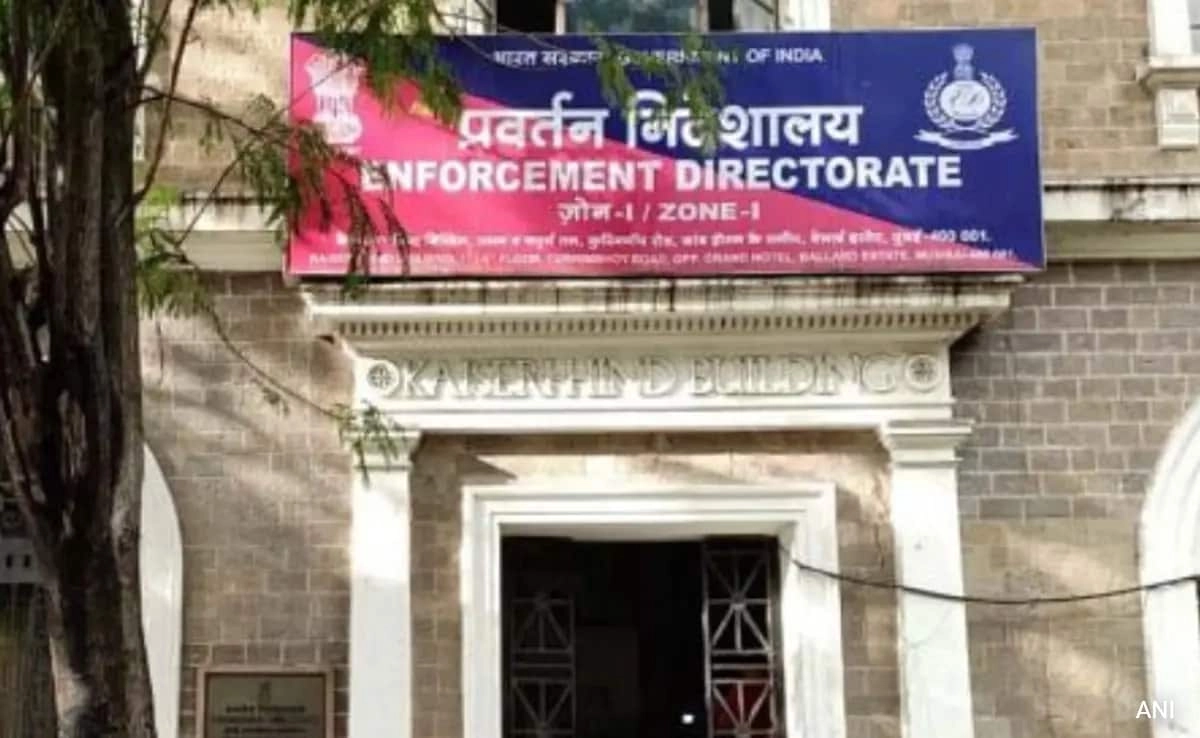In a significant political controversy in Hyderabad, a case has been filed against a local Congress leader for allegedly distributing voter ID cards in a manner deemed inappropriate and potentially unlawful. This incident has sparked widespread debate regarding the ethical practices associated with voter registration and the integrity of the electoral process. The leader, whose identity has not been disclosed in the initial reports, is accused of engaging in activities that could undermine the fairness of upcoming elections. The distribution of voter ID cards, typically a process governed by strict regulations, raises questions about the motivations behind such actions and the potential for voter manipulation.
The allegations suggest that the Congress leader may have been attempting to influence voter sentiment by providing these essential identification cards, potentially targeting specific demographics or regions within Hyderabad. Critics argue that such practices could lead to a skewed electoral outcome, where certain groups are favored over others, thereby compromising the democratic foundation of free and fair elections. This situation has prompted local authorities and election watchdogs to investigate the matter further, as they aim to uphold the principles of transparency and accountability in the electoral process.
Moreover, this case highlights the ongoing challenges faced by political parties in navigating the complexities of voter engagement and mobilization. While it is essential for political entities to encourage voter participation, it is equally important to adhere to legal frameworks that govern electoral conduct. The incident serves as a reminder of the delicate balance that must be maintained to ensure that the process remains equitable for all citizens. As the investigation unfolds, it is expected that more details will emerge, shedding light on the broader implications of this case for the Congress party and its strategies in the lead-up to the elections.
In this ever-evolving political landscape, the actions of individual leaders can have far-reaching consequences, not just for their party but for the democratic process as a whole. The Hyderabad incident underscores the need for vigilance and adherence to electoral laws to prevent any potential abuse of power or unethical practices. As citizens remain engaged in the democratic process, it is crucial that all stakeholders commit to fostering an environment where every vote is valued and protected, ensuring that the integrity of the electoral system is upheld.




